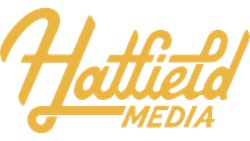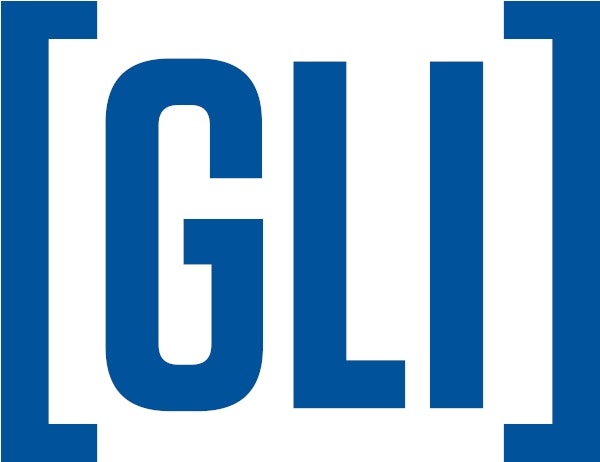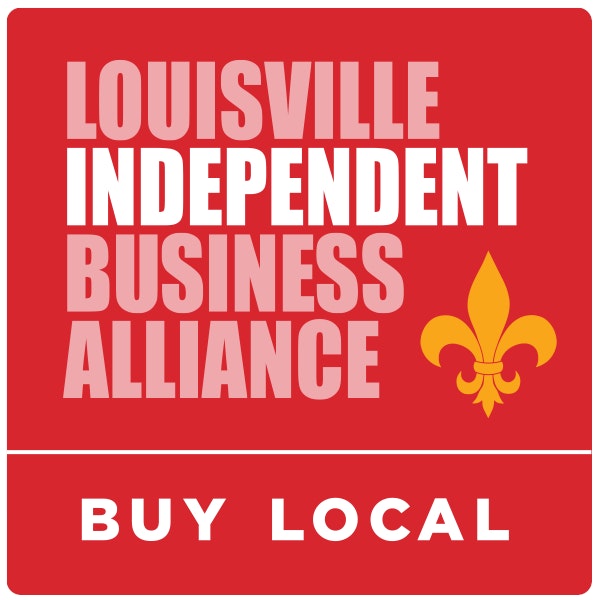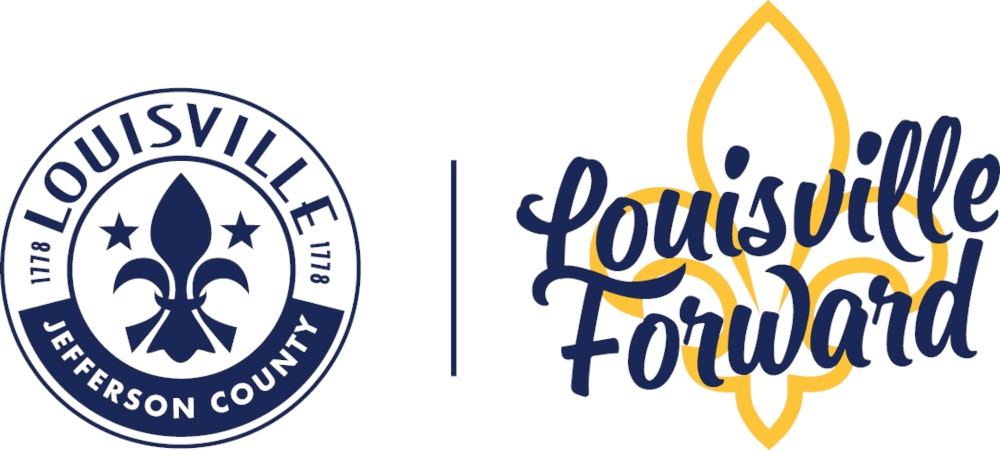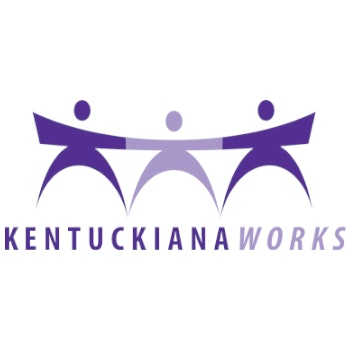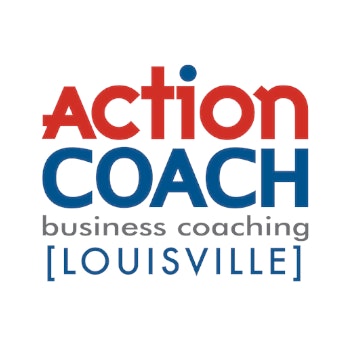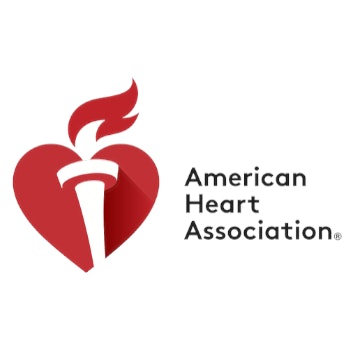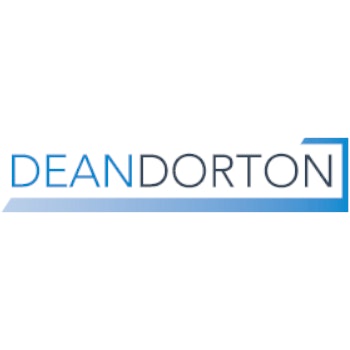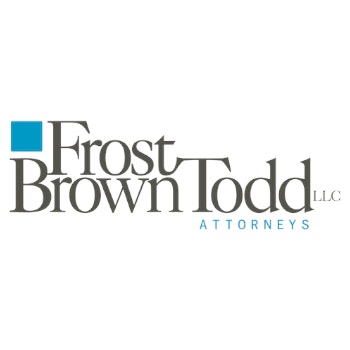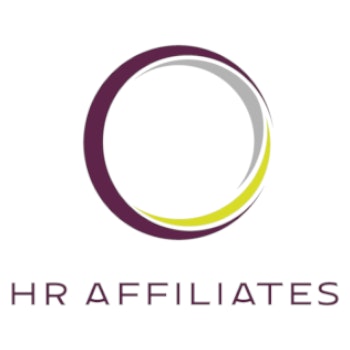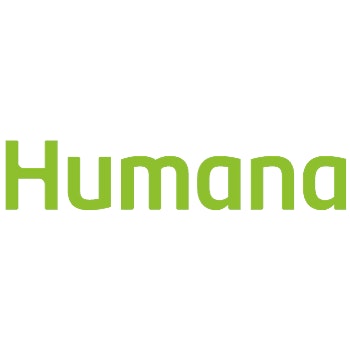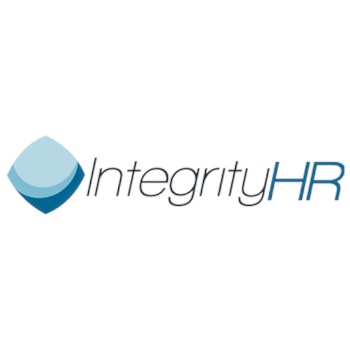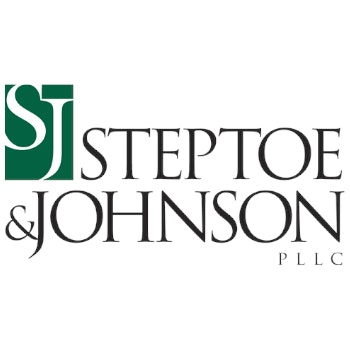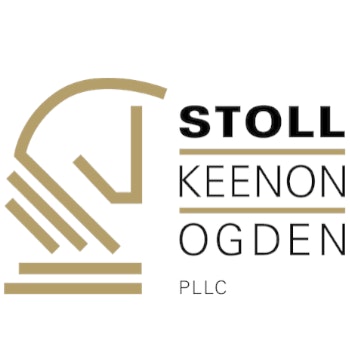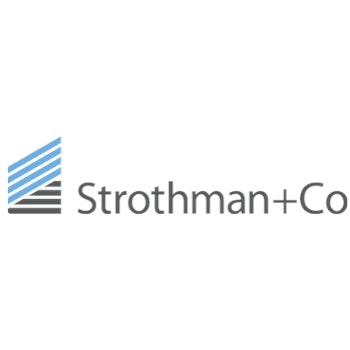Main Street New Loan Facility Created for Small & Medium-Sized Businesses
On April 9, 2020, the Federal Reserve announced a new lending facility for main street businesses, the Main Street New Loan Facility (“MSNLF”). The MSNLF will work in conjunction with the Main Street Expanded Loan Facility (“MSELF”) (collectively, the “Main Street Program”).[1] The creation of the Main Street Program is the most recent action taken by the Federal Reserve and the Department of the Treasury to support the U.S. economy during the COVID-19 pandemic.
Using seed capital from the Treasury’s Exchange Stabilization Fund made available under Title IV of the Coronavirus Aid, Relief and Economic Security Act (“CARES Act”), the Department of the Treasury will make a $75 billion equity investment in the Main Street Program. Collectively, the MSNLF and MSELF will provide up to $600 billion in financing to Eligible Lenders that make direct loans to eligible main street businesses. The Main Street Program stands to benefit thousands of small and medium-sized businesses across the nation, specifically, those businesses who are at or below investment grade. The Main Street Program is expected to close to new participants on September 30, 2020.
Eligibility
Under the program, a Federal Reserve Bank will commit to lend to a single common special purpose vehicle (“SPV”) on a recourse basis. The MSNLF will finance loans originated on or after April 8 and the MSELF will finance the extension of additional credit on pre-existing loans originated prior to April 8, 2020.
Lenders
Eligible Lenders are U.S. insured depository institutions, U.S. bank holding companies, and U.S. savings and loan holding companies. Lenders are required to retain a 5 percent share of each loan, selling the remaining 95 percent to the Main Street Program. Participating lenders may originate new loans under the Main Street Program or use the Main Street Program to increase the size of existing loans to their eligible customers.
Borrowers
Eligible Borrowers are businesses with up to 10,000 employees or up to $2.5 billion in 2019 annual revenues. Eligible Borrowers must be a business that is created or organized in the United States or under the laws of the United States with significant operations in and a majority of its employees based in the United States. Borrowers must attest that they require financing due to COVID-19 and will make reasonable efforts to maintain payroll and retain employees during the term of the loan. Borrowers may not use proceeds to repay or refinance pre-existing loans. Small businesses that participate in the SBA’s Paycheck Protection Program may additionally take advantage of the Main Street Program.
Loans
Eligible Loans are unsecured term loans made by an Eligible Lender(s) to an Eligible Borrower that was originated on or after April 8, 2020, provided that the loan has the following features:
- 1. 4-year maturity;
- Amortization of principal and interest deferred for one year;
- Adjustable rate of SOFR + 250-400 basis points;
- Minimum loan size of $1 million;
- Maximum loan size that is the lesser of (i) $25 million or (ii) an amount that, when added to the Eligible Borrower’s existing outstanding and committed but undrawn debt, does not exceed four times the Eligible Borrower’s 2019 earnings before interest, taxes, depreciation, and amortization (“EBITDA”); and
- Prepayment permitted without penalty.
Facility Fee
Lenders will pay a facility fee equal to 1% of the principal amount purchased by the SPV. Lenders may require the borrowers to pay this fee.
Additional Eligibility Requirements and Considerations
EBITDA: Eligible Borrowers must attest that it meets the EBITDA leverage condition.
Emergency Relief and Taxpayer Protections: Eligible Borrowers must attest that it will follow compensation, stock repurchase, and capital distribution restrictions that apply to direct loan programs under section 4003(c)(3)(A)(ii) of the CARES Act.
Conflicts of Interest: Eligible Lenders and Eligible Borrowers will each be required to certify that the entity is eligible to participate in the Facility, including in light of the conflicts of interest prohibition in section 4019(b), Conflicts of Interest, of the CARES Act.
Debt Cancellation: Eligible Lenders must attest that it will not cancel or reduce any existing lines of credit outstanding to the Eligible Borrower. Eligible Borrowers must attest that it will not seek to cancel or reduce any of its outstanding lines of credit with the Eligible Lender or any other lender.
Repayment of Other Loans: Eligible Lenders must attest that the proceeds of the Eligible Loan will not be used to repay, or refinance pre-existing loans or lines of credit made by the Eligible Lender to the Eligible Borrower. Eligible Borrowers must commit to refrain from using the proceeds of the Eligible Loan to repay other loan balances. Eligible Borrowers must commit to refrain from repaying other debt of equal or lower priority, with the exception of mandatory principal payments, unless the Eligible Borrower has first repaid the Eligible Loan in full.
****
Stoll Keenon Ogden understands that these are trying times for our clients and our country. Our firm operations have continued uninterrupted and our attorneys are equipped to serve as we always have – for over 120 years.
If you would like to discuss the Main Street New Loan Facility, the opportunities therein for your business, or other loan programs available during the COVID-19 pandemic, please contact SKO’s SBA Loan Team led by Jamie Brodsky (502-568-5473) and Brad Keeton (502-568-5439).
Please also be sure to check out the Stoll Keenon Ogden Coronavirus Resource webpage for additional articles and information related to the latest information on new laws and directives enacted by federal, state, and local governments in response to the Coronavirus pandemic.

